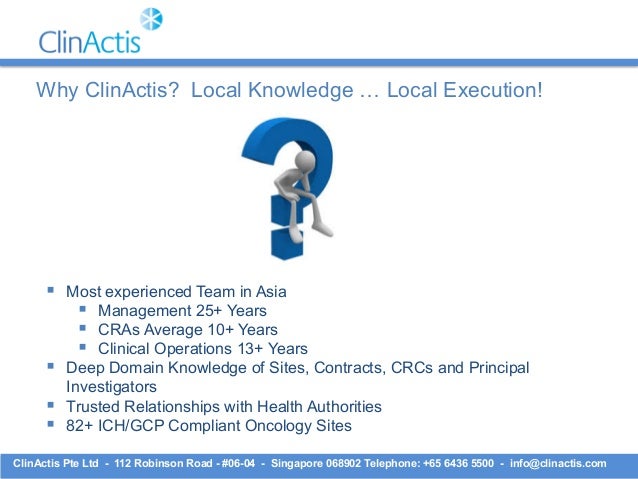


#KEYNOTE 177 COLORECTAL FREE#
A higher percentage of patients assigned pembrolizumab remained progression free at 12 months (55.3% vs. Results, presented during the ASCO20 Virtual Scientific Program in May, showed a near-doubling of median PFS with pembrolizumab (16.5 months vs. Key secondary endpoints included overall response rate and safety. PFS by blinded independent central review and OS served as primary endpoints. Patients assigned chemotherapy who developed confirmed progressive disease could cross over to pembrolizumab for up to 35 cycles. Treatment continued until disease progression, unacceptable toxicity, patient or investigator decision to withdraw, or - in the case of pembrolizumab - completion of 35 cycles.
#KEYNOTE 177 COLORECTAL PLUS#
These included modified FOLFOX-6, which consists of 5-FU, leucovorin and oxaliplatin modified FOLFOX-6 plus bevacizumab (Avastin, Genentech) modified FOLFOX-6 plus cetuximab (Erbitux, Eli Lilly) FOLFIRI, which consists of leucovorin, 5-FU and irinotecan FOLFIRI plus bevacizumab or FOLFIRI plus cetuximab. In the phase 3 KEYNOTE-177 trial, researchers randomly assigned 307 patients (median age, 63 years 50% women) with previously untreated microsatellite instability-high or mismatch repair-deficient colorectal cancer to pembrolizumab dosed at 200 mg every 3 weeks (n = 153) or investigator’s choice of one of six standard chemotherapy regimens selected prior to randomization (n = 154). “Our commitment to pursuing biomarker research continues to help us bring new treatments to patients, particularly for those who have few available options.” “ approval has the potential to change the treatment paradigm for the first-line treatment of patients with colorectal cancer, based on the important findings from KEYNOTE-177 that showed Keytruda monotherapy demonstrated superior PFS compared with standard-of-care chemotherapy,” Roy Baynes, MD, PhD, senior vice president, head of global clinical development and chief medical officer at Merck Research Laboratories, said in a Merck-issued press release.
#KEYNOTE 177 COLORECTAL LICENSE#
The FDA reviewed the supplemental biologics license application for pembrolizumab (Keytruda, Merck), an anti-PD-1 therapy, through its Real-Time Oncology Review pilot program and Project Orbis, which provides a framework for concurrent submission and review of oncology drug applications among international agencies. “Having a nonchemotherapy option available for selected patients is a noteworthy paradigm shift in treatment,” he added.


 0 kommentar(er)
0 kommentar(er)
